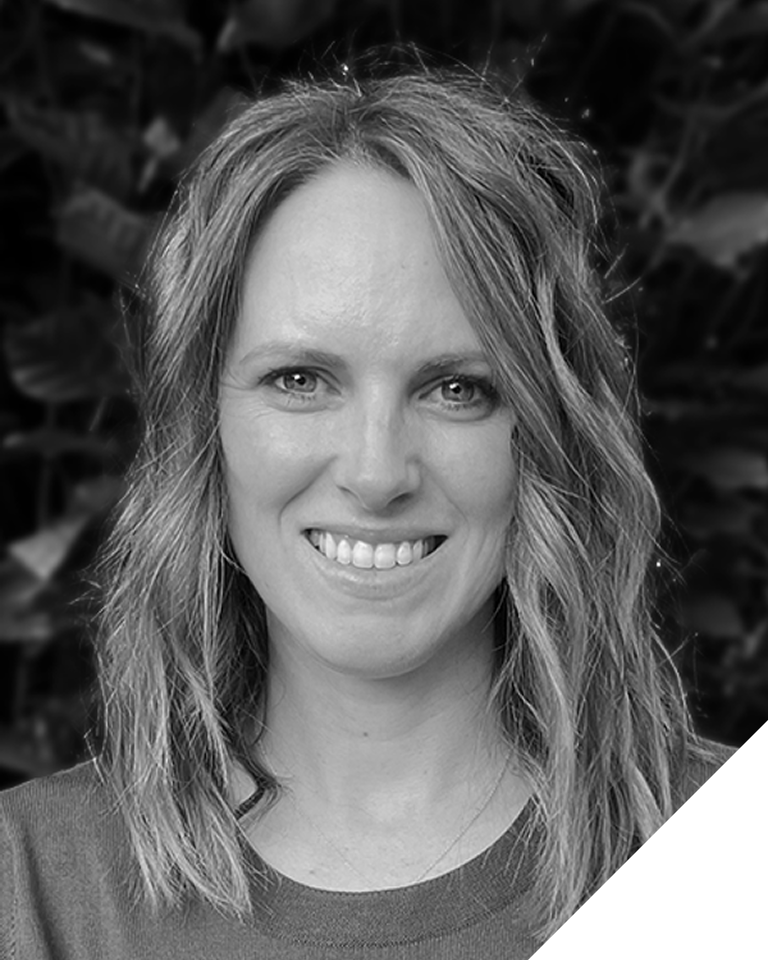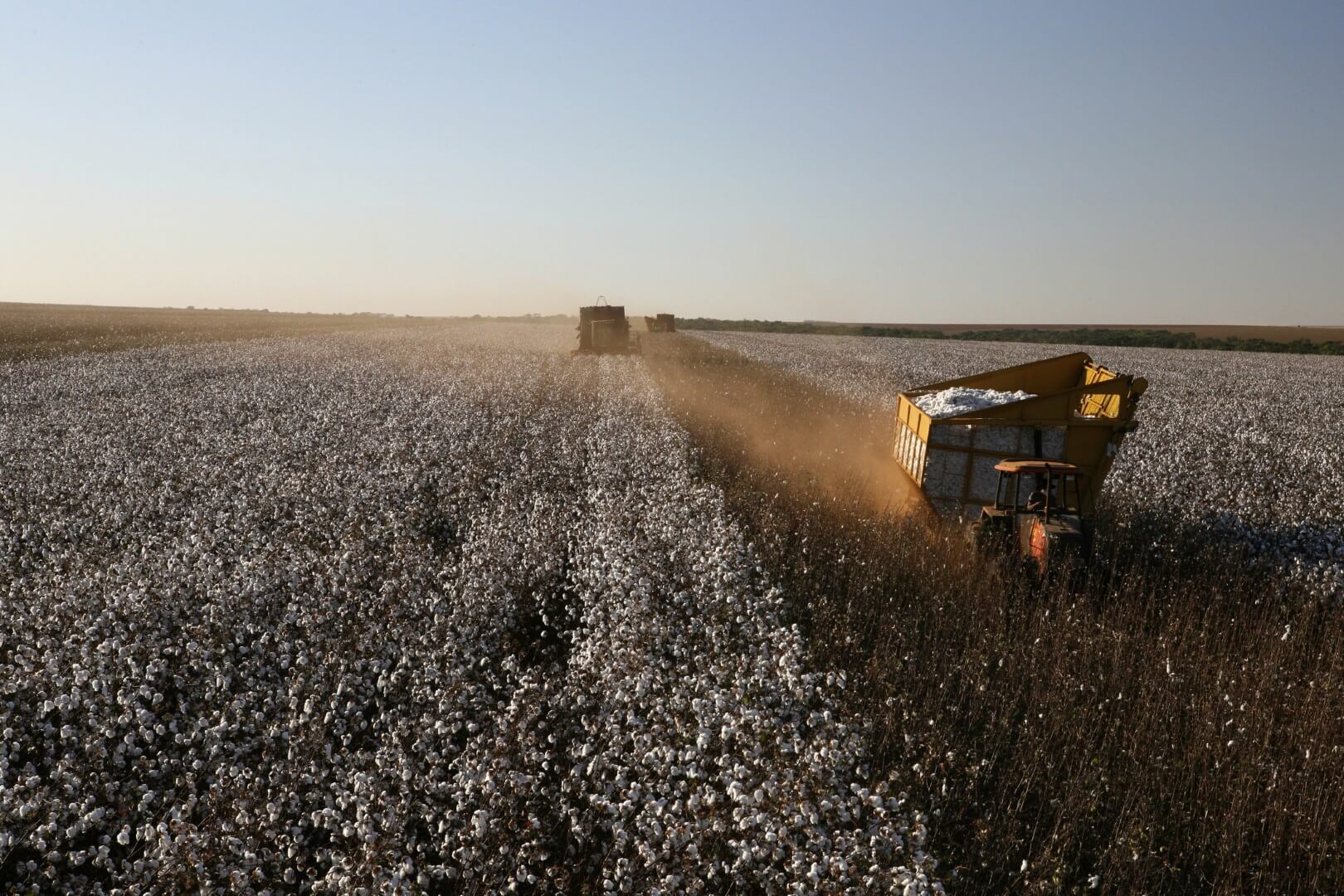Strategic Focus: Incorporating Extreme Weather Events Into Business Continuity Planning

Emma Cutler

Katelyn Johnson
Access this research
Access all Corporate Risk Leaders content with a strategic subscription or buy this single report
Need help or have a question about this report? Contact us for assistance
Executive Summary
As climate change progresses, extreme weather is increasing in frequency and severity. Many firms already have plans in place to ensure business continuity during and after extreme events. However, many of these plans were created based on past experiences and may not be sufficient for current and future weather extremes. This report presents evidence demonstrating why organizations should account for climate change in their plans for extreme weather events and outlines some digital technologies that can support these efforts.Firms need to upgrade plans for extreme weather
Digital technologies incorporate extreme weather events into business continuity planning
Figure 2. Timeline of relevancy of extreme-weather-related climate risk digital solutions for business continuity management
About the Authors

Emma Cutler
Principal Analyst
Emma is a Principal Analyst at Verdantix, with a current research agenda focusing on solutions for climate risk management. She has a background in simulation and statistical ...

Katelyn Johnson
Senior Manager
Katelyn is a Senior Manager at Verdantix, specializing in enterprise risk management and external risk and resilience. She helps executives navigate today’s evolving ris...





